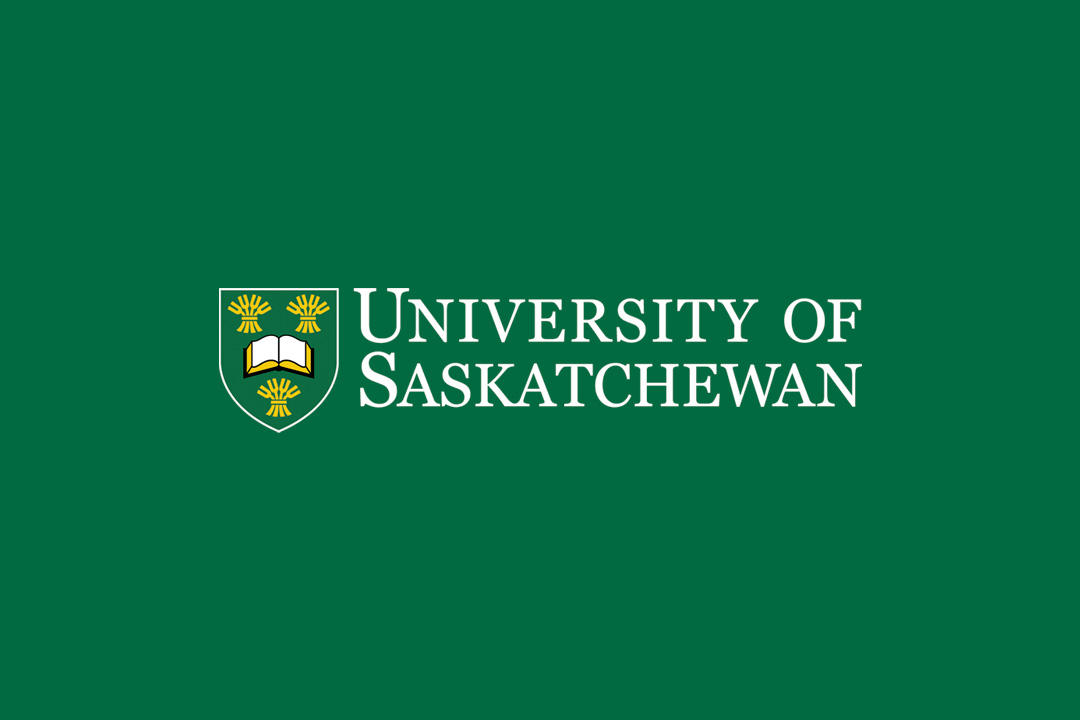
President's statement on the former Kamloops Residential School burial site discovery
The University of Saskatchewan community is deeply saddened to learn of the discovery of the remains of 215 children in an unmarked burial site at the former Kamloops Residential School in British Columbia—a painful reminder of the historic injustices perpetrated against Indigenous peoples across our country.
We will stand together, supporting one another through this difficult time. On May 31 at the Aboriginal Student Centre’s weekly Grounding Circle, many members of the USask community, including Elders Louise Halfe and Roland Duquette, gathered virtually to share and honour the children, their families, and residential school survivors.
To honour these children, the Canadian flag on the Thorvaldson building is at half-mast, and will remain so until June 8, representing one hour in remembrance of each of the 215 children. On Friday, June 4, we will as a community observe 215 seconds of silence at 2:15pm in honour of these children. Details on how to participate in the 215 seconds of silence with be shared with the USask community later this week. Together with Elders and students, the university will continue to hold ceremonies and gatherings to support one another in the wake of this latest heart-breaking revelation in the tragic saga of the residential school system.
Many supports are available at the Student Wellness Centre and Student Affairs and Outreach. Staff and faculty can access confidential counselling through the Employee and Family Assistance Program. The following community-based supports are also available:
- The Indian Residential School Survivors Society at 1-800-721-0066 along with a 24-hour crisis line at 1-866-925-4419 for those who need immediate support.
- The KUU-US Crisis Line Society provides an Indigenous-specific crisis line available 24 hours a day, seven days a week. It's toll-free and can be reached at 1-800-588-8717.
- The First Nations Health Authority offers support specifically for survivors and families who have been directly impacted by the Indian Residential School system.
I continue to believe this university has a crucial role to play in building reconciliation across our country. Education is the key to reconciliation, as former Justice Murray Sinclair said when speaking at the first National Truth and Reconciliation Forum hosted by USask in 2015.
We all have a critical role in promoting awareness of the impact of the residential school system. USask researchers are continuing to lend their formidable expertise to the important work of understanding the history and treatment of Indigenous peoples. One timely example is the work by archeology and anthropology faculty and students, in partnership with the National Centre for Truth and Reconciliation, to locate unmarked graves of missing residential school children in Saskatchewan.
With our vision to be “an outstanding institution of research, learning, knowledge-keeping, reconciliation, and inclusion with and by Indigenous peoples and communities”, we continue to influence the future of this country and the world. Our Elders and Indigenous leaders have helped us to move ahead, and it is my hope that we continue their work and our shared aspirations for decolonization and reconciliation at this university.
Peter Stoicheff
President and Vice-Chancellor
University of Saskatchewan

